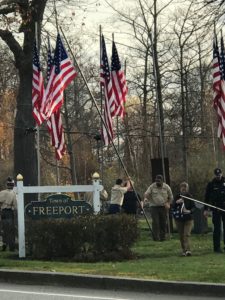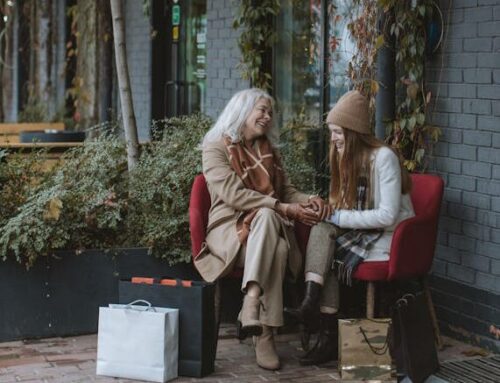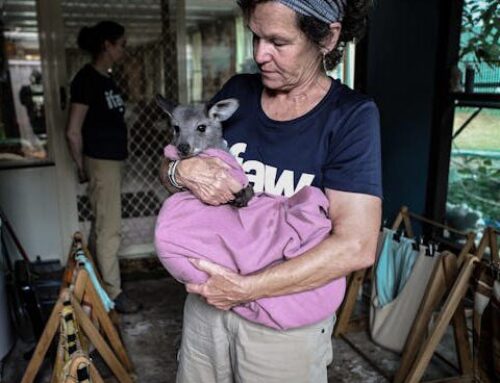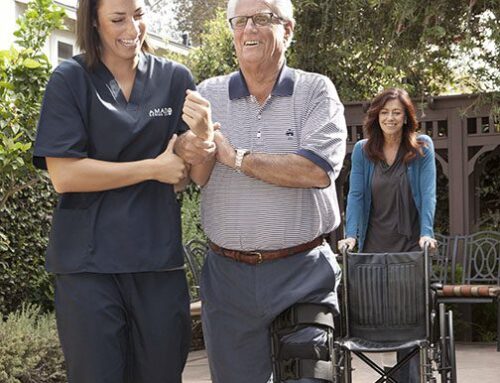
Today’s ceremony honoring veterans in Freeport, Maine. Photo by Beth Herman.
Today is Veteran’s Day, when many active-duty and retired service members will hear “Thank you for your service.” How many times have you uttered those words to a deserving veteran or heard them directed to you if you’ve served in the Armed Forces? It’s been said there have been wars of one kind of another for as many centuries as there’ve been human beings. But there haven’t always been benefits that provide in-home care opportunities for aging veterans and their families.
The VA Aid and Attendance Benefit, and the VA Homemaker Benefit, can make all the difference in the financial feasibility of aging safely and comfortably in one’s own home. More than 11 million adults aged 60 and beyond have served in the military, many of whom are eligible to receive these benefits.
What are the VA Aid and Attendance Benefit and the VA Homemaker Benefit?
These benefits are designed to provide in-home and in some cases facilities-based assistance to veterans with medical requirements that prevent them from participating in their own care. To qualify for either, the primary point to consider is the veteran’s military service and income.
An individual is required to have at least 90 days of active duty on his or her service record, with at least one day of service occurring within a wartime period. The reason for leaving the service can be anything but a dishonorable discharge. A surviving spouse also may be eligible for these benefits, provided the marriage ended with the veteran’s death.
How is Eligibility Determined for the Aid and Attendance Benefit?
If you already receive a VA pension, to qualify for the Aid and Attendance Benefit, income and assets are first considered.
You must also meet at least one of these requirements:
- You need someone to help you perform activities of daily living (ADLs), such as bathing, dressing, meal preparation, and walking, among others.
- You are bedbound or spend a large part of the day in bed, due to illness or medical condition.
- You are a patient in a skilled nursing facility due to the loss of mental or physical abilities related to a disability.
- Your eyesight is limited—even with glasses or contact lenses, you have 5/200 vision or less, or concentric contraction of the visual field to 5 degrees or less.
What Qualifies a Veteran to Receive the VA Homemaker Benefit?
Unlike the VA Aid and Attendance Benefit, income and asset requisites do not correspond to the VA Homemaker Benefit. In short, eligibility is not based on finances.
A clinical need for in-home care, which must be authorized by a physician in the VA system, is the main determinant for eligibility. There are some exceptions when the VA will cooperate with a non-VA-sanctioned doctor, such as when there is a need for hospice care, according to Rob Storey, franchise owner of Amada Senior Care Orland Park, IL.
“Overall, the criteria are what the disease diagnosis is for the veteran, what he or she needs help with, like activities of daily living (ADLs), and/or housekeeping items like cleaning, laundry, and meal prep,” he says. “Also factored in is how much support the veteran has in the house—if he or she is living with a spouse, adult children, etc. This also helps determine how many hours a week of outside help can be allotted.”
What VA Benefits Can a Surviving Spouse Expect?
D.R. Salerno, franchise owner of Amada Senior Care North Orange County, says one of the biggest benefits of which surviving spouses are unaware is the VA Survivor’s Pension. “If a wife loses her husband and needs in-home care, she’s entitled to apply for the spousal benefit for herself,” he says. “When we go out to the home to meet with a client who expresses concern about how to pay for caregivers, her eyes light up when we educate her about this, knowing she may qualify to receive help. This benefit so often is a complete surprise to many spouses! They can’t believe there’s VA money out there for the surviving spouse which can help with care.”
Qualifying for VA Benefits Likely Will Be a Long Process
Like many things, the wheels of approval can turn slowly when applying for VA benefits, sometimes taking up to six months. To that point, Storey says in his experience approval of the VA Homemaker Benefit (as opposed to VA Aid and Attendance) can be much faster—as soon as a couple of weeks.
“When I meet with the veteran and family, if the veteran is already in the VA system, that’s an advantage timewise. But if he or she not yet in the system, we ask that they make an immediate appointment with a VA doctor. Once the veteran is deemed eligible, we usually get the referral for a caregiver within a week or two,” he says.
There are also private companies such as VetAssist that the veteran can hire to help expedite the process, which can be helpful when applying for VA Aid and Attendance. Veterans can do this on their own, or as Storey explains, he will retain the company himself for prospective Amada clients in his region.
“In-home care can be life changing for everyone—veterans and their families,” Storey says.
“Home Care for Senior Veterans: Two Key VA Benefits,” written by Beth Herman, Amada blog contributor.



